Berlin-based company ecoligo, which implements solar projects in emerging markets, announces the commissioning of Kenya's first ever floating solar plant. The 69 kWp system provides clean and affordable energy to the sustainable flower farm Rift Valley Roses. What makes it special: The solar plant floats on one of the farm's water reservoirs, saving space and providing many other benefits in addition to renewable energy.
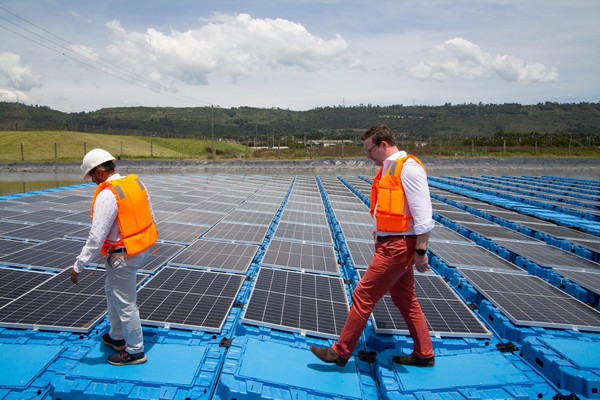
The advantages of floating solar systems
Electricity costs in emerging markets like Kenya are enormously high, which is a struggle for many businesses. They see low-cost solar power as a good alternative, also with regard to environmental protection. Most solar systems are still installed on roofs or on open spaces. The use of floating solar systems, for example on reservoirs or other bodies of water, can not only save an enormous amount of space, but also reduce problems such as water evaporation or algae blooms. In addition, the cooling effect of the water increases the efficiency of the systems. The use of this technology has been gaining momentum for several years and promises to make an important contribution to the global energy transition.
Electricity and CO2 savings for the rose farm
Rift Valley Roses has been pursuing the goal of sustainable, environmentally friendly production for years. In addition to rainwater catchment basins to reduce water consumption and biogas plants, the company has decided to switch to renewable energy. The floating solar panels are complemented by a second solar plant with a capacity of 75 kWp, which has already been installed on the roof of the farm in 2019. Thanks to the two installations, Rift Valley Roses will be able to meet 60 percent of the farm's electricity needs through solar energy. Annually, the system will thus save around 136 tons of CO2 emissions. When solar irradiation is too low, the farm continues to draw on electricity from the national grid.
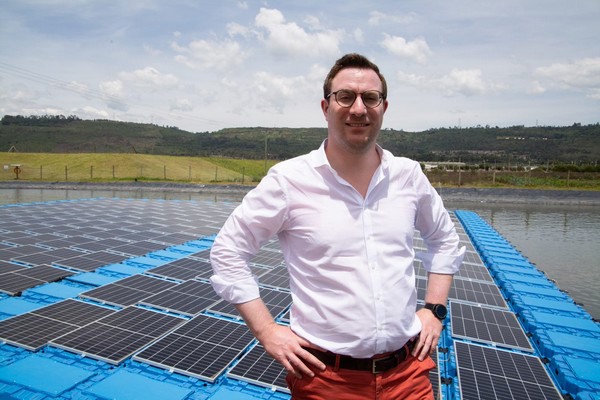
Stuart Miller, owner of Rift Valley Roses, is thrilled, "We've been big fans of the technology since installing our first solar system in 2019 and have been able to significantly reduce our reliance on the local electricity utility since then. We're proud to have this innovative system installed on our reservoir and hope to inspire other businesses to switch to this fantastic way of generating electricity as well."
ecoligo's business model enables solar projects
Although the benefits of solar energy are obvious for sunny regions and companies like Rift Valley Roses, most solar projects are not realised due to a financing gap. ecoligo overcomes this hurdle by financing the projects via crowdinvesting. This gives private investors the chance to invest their money in sustainable projects, do something good for the environment and even profit from it with a return of up to 7 percent per year. So far, 62 solar projects have been financed by German investors via ecoligo.investments.
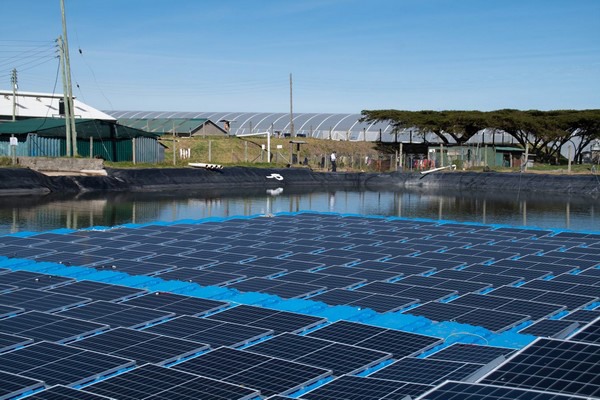
Quality is an all-important factor in ensuring that the solar plants are as efficient, low-maintenance and durable as possible. In order to be able to realize the projects on-site according to the highest standards, ecoligo relies on a strong partner network. Here too, the Berlin-based company is keen to promote the local economy and therefore works almost exclusively with local companies like Technolectric, who installed the system.
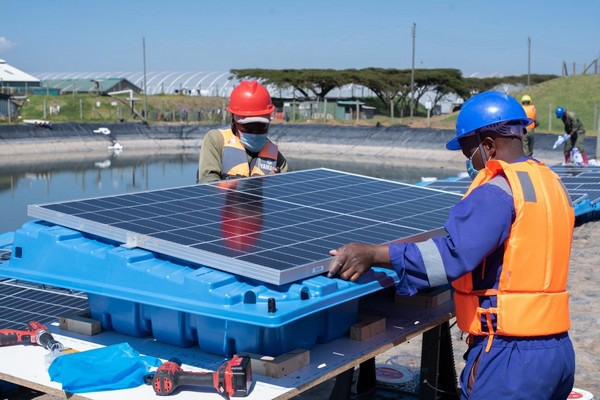
In addition to the companies Luxor (panels), KACO (inverters) and meteocontrol (technical remote monitoring system), the Spanish company Isigenere, which is developing the world's first water-capable solar panels, has also contributed to the success of Kenya's first floating solar plant. Andrés Franco, CEO of Isigenere: "Our product Isifloating is a floating structure for photovoltaic panels specifically designed for water environments such as industrial water ponds, irrigation reservoirs, dams or natural water bodies. Its unique and patented high-quality floating technology enables the coverage of a partial or entire water surface, solving space problems in particular while providing reduced logistics and installation costs. We are very pleased to be a part of Kenya's first floating solar system."
Martin Baart, CEO of ecoligo, adds, "Through our approach, we have already enabled many flower farms in Kenya to easily switch to solar power and benefit from day one. We believe that renewable energy can fundamentally change the industry by promoting sustainable growth and creating new jobs. We are proud to be a reliable partner for this."
For more information: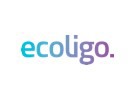 ecoligo
ecoligo
www.ecoligo.com
